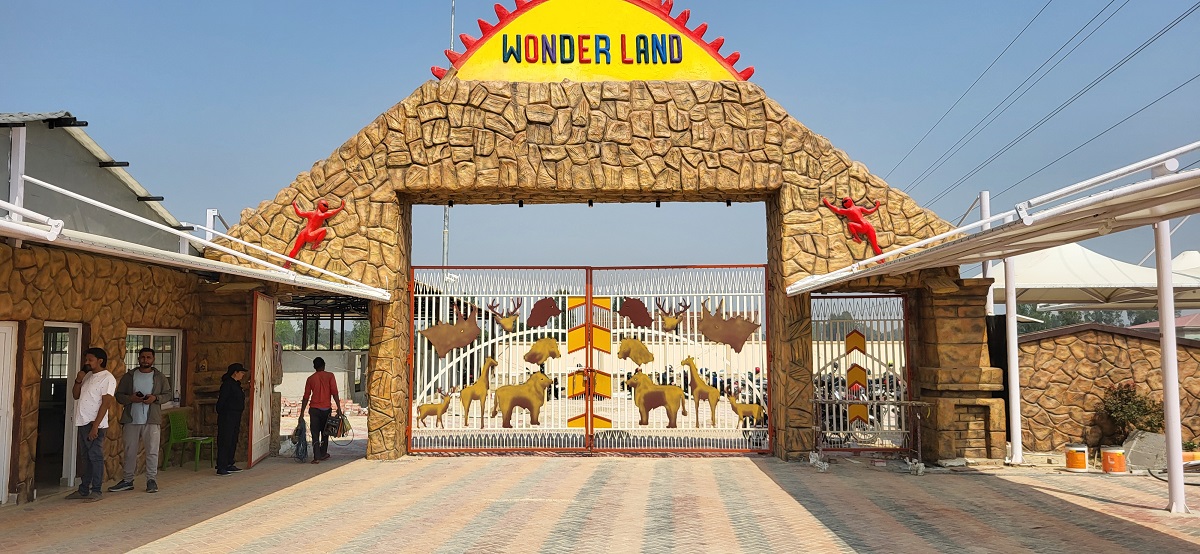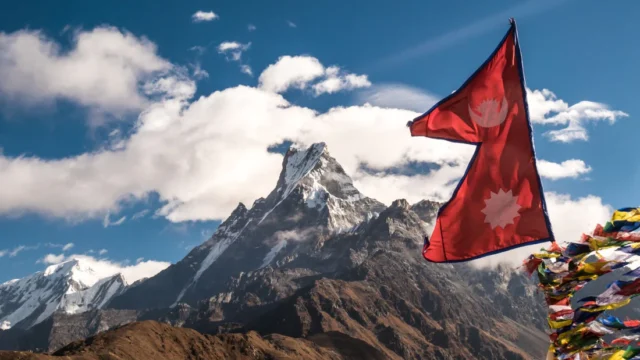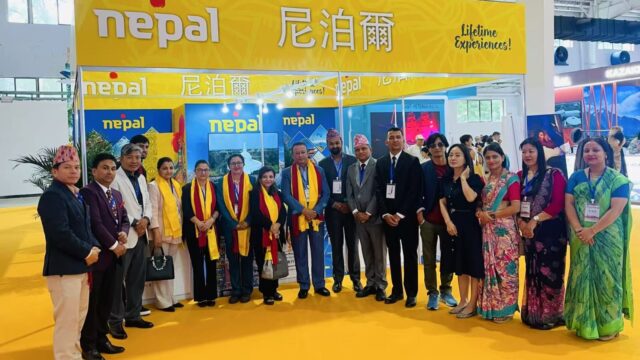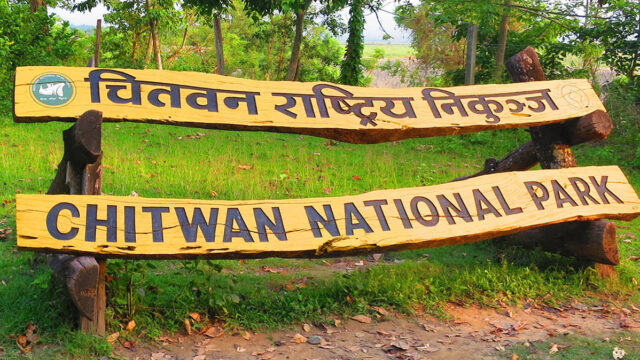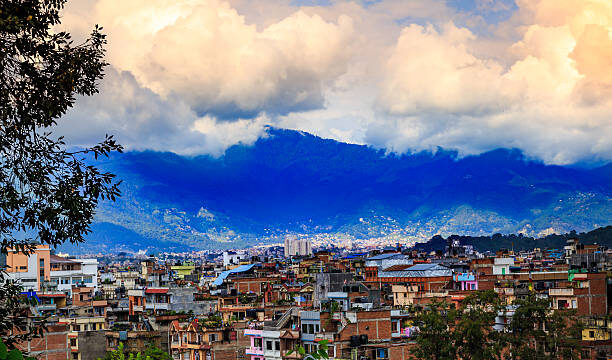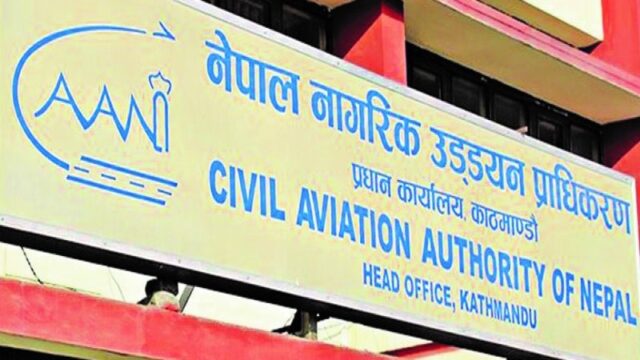Tourism promotion activities at the Water Park located in Dhamboji, Nepalgunj, have come to a standstill due to internal conflict among its operators. Once envisioned as a vibrant local attraction for water tourism, the park now finds itself in limbo, affecting not just recreational services but also the broader ambition of promoting internal tourism in the region.
Water Park Project Hampered by Shareholder Dispute
The Water Park, situated in Nepalgunj Sub-Metropolitan City Wards 1 and 18, had been handed over to Bote Bora Pvt. Ltd., a Kathmandu-based private entity, for operational management. According to the agreement, the company was responsible for managing all tourism-related activities in the park, particularly the motorboat-based water journeys.
However, a severe disagreement between the company’s shareholders has paralyzed progress. The shareholders, reportedly with equal 50-50 percent ownership, have been entangled in a prolonged dispute for over a year, causing all major tourism promotion initiatives at the park to halt.
The management conflict has impacted the daily operations at the site, reducing the number of functioning motorboats from two to one. Once a bustling spot for locals and tourists alike, the Water Park is now operating at a fraction of its capacity.
A High-Potential Project Now Dormant
The Water Park was launched with much enthusiasm under a 10-year operating lease signed with Nepalgunj Sub-Metropolitan City. As per the agreement, Bote Bora Pvt. Ltd. was granted management rights at a fixed annual payment of NPR 2.4 million (24 lakhs) to the local government.
The park’s key attraction, motorboat rides, was expected to draw significant domestic tourists and generate employment opportunities in the area. However, with the internal conflict unresolved, these plans have come to a standstill. The remaining single boat service has limited capacity, and the overall tourism atmosphere at the site has suffered significantly.
Concerns from the Local Government
Prashant Bista, Mayor of Nepalgunj Sub-Metropolitan City, expressed concern over the situation. He said that the municipality had entrusted the Water Park project to the private sector with the hope of developing it into a premier internal tourist destination.
“We were informed about disagreements between the operators,” Mayor Bista stated. “However, we are vigilant and committed to ensuring that such disputes do not cause lasting damage to the natural and recreational value of the area.” He emphasized that the lake and its surroundings must be preserved and developed, and that the municipality would take necessary steps if the operators fail to resolve their internal issues.
Missed Opportunities in Regional Tourism
The halting of tourism activities at the Water Park has disappointed locals and stakeholders in the region, who once viewed it as a potential hub for internal tourism in Banke District. The park, with its accessible location and serene environment, could have become a model for other municipalities aiming to blend recreation with natural water resources.
Tourism entrepreneurs in Nepalgunj lament the lack of progress, citing poor coordination and lack of enforcement of responsibilities among the operators. The prolonged inactivity has not only disrupted services but also discouraged private investment in similar tourism projects.
Public-Private Collaboration Now Under Question
This situation has highlighted potential pitfalls in public-private partnerships (PPP), particularly when there is a lack of effective monitoring and internal governance within the private entities selected for major projects.
Although the municipality fulfilled its role by allocating the project and setting up an operational lease, the lack of a dispute-resolution mechanism in the agreement has resulted in a standstill. The general public and tourism stakeholders are now urging the government to establish stronger oversight and accountability frameworks in future agreements.
What Lies Ahead?
Local observers and tourism promoters have proposed a few potential solutions:
- Mediation between shareholders by neutral parties, including local tourism associations or municipal representatives.
- Legal arbitration to settle the ownership and operational rights if mutual consensus is not possible.
- Revocation of current agreement and reallocation of operational responsibilities to more stable private companies if the dispute continues.
Meanwhile, the general sentiment is that the natural and economic potential of the Water Park must not go to waste. If addressed in time, the site could still evolve into a major recreational and tourism attraction in western Nepal.
The Water Park in Nepalgunj stands as a case study in how internal corporate disputes can derail promising public-private tourism projects. Unless swift action is taken, the ongoing conflict risks eroding public trust in tourism development through private partnerships. For a region eager to tap into tourism as a means of economic revitalization, restoring activity at the Water Park is not just a priority, it is a necessity.
